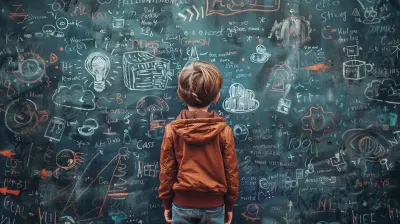The Impact of Collective Memory on Cultural Identity
15 May 2025
Culture shapes who we are, doesn’t it? The traditions we follow, the stories we tell, even the way we see the world—it’s all deeply rooted in the past. But what really ties it all together? Collective memory. It’s the invisible thread that keeps our cultural identity alive from one generation to the next.
Think about it. Why do people in a certain country celebrate the same holidays, tell the same historical tales, or even harbor the same fears and hopes? That's collective memory in action. It’s not just about remembering the past—it’s about shaping the present and the future.
Let’s dive deep into how collective memory influences cultural identity, and why it matters more than we often realize. 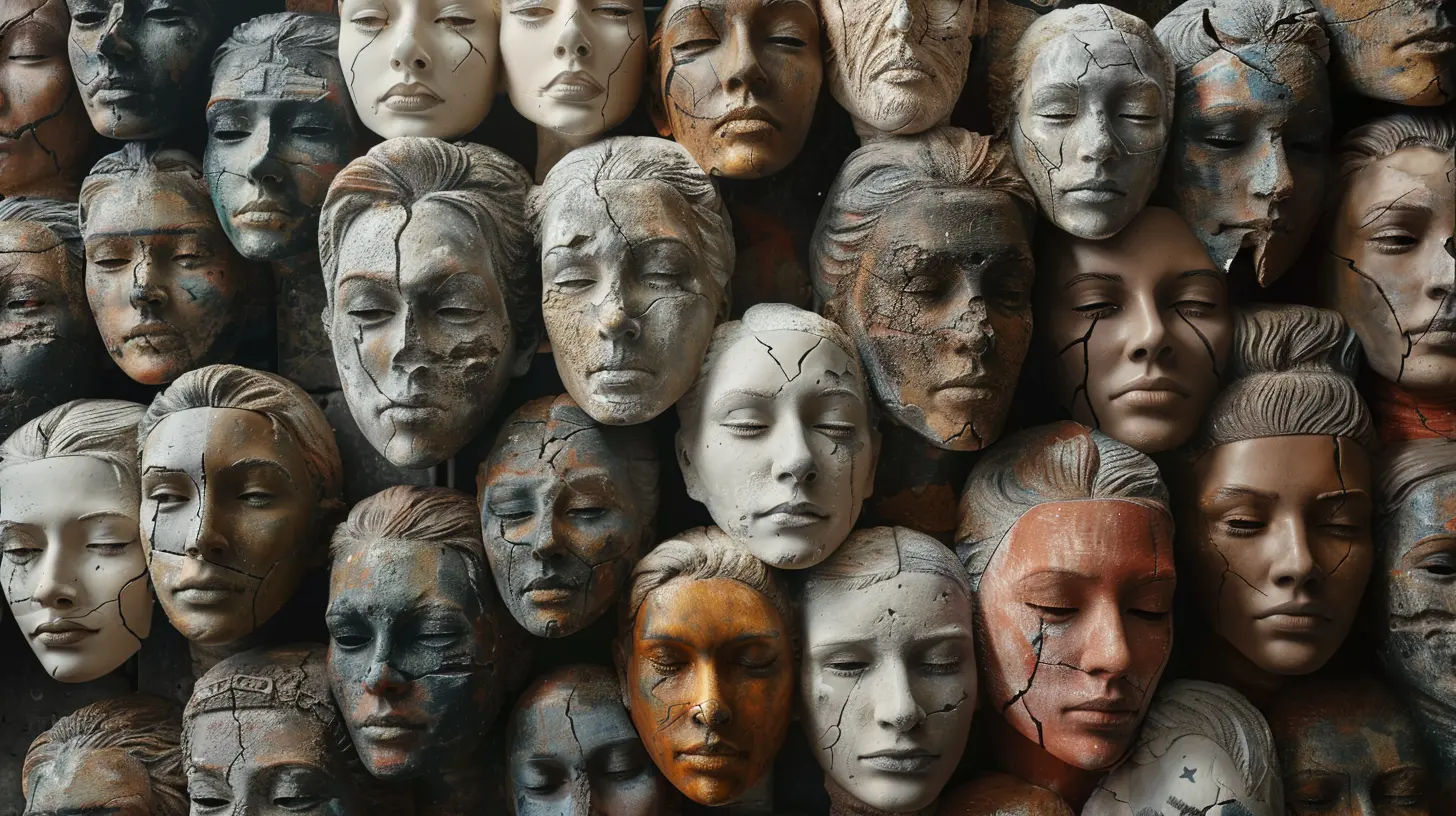
What is Collective Memory?
At its core, collective memory is the shared pool of knowledge, history, and experiences passed down within a group, whether it's a community, a nation, or even a family. It’s different from personal memory, which is unique to each individual.Collective memory forms through stories, traditions, education, and even symbols. Think of it as a mental scrapbook that gets edited and revised over time. Unlike personal memories, which fade away or transform with age, collective memory is reinforced through shared narratives, making it last for generations. 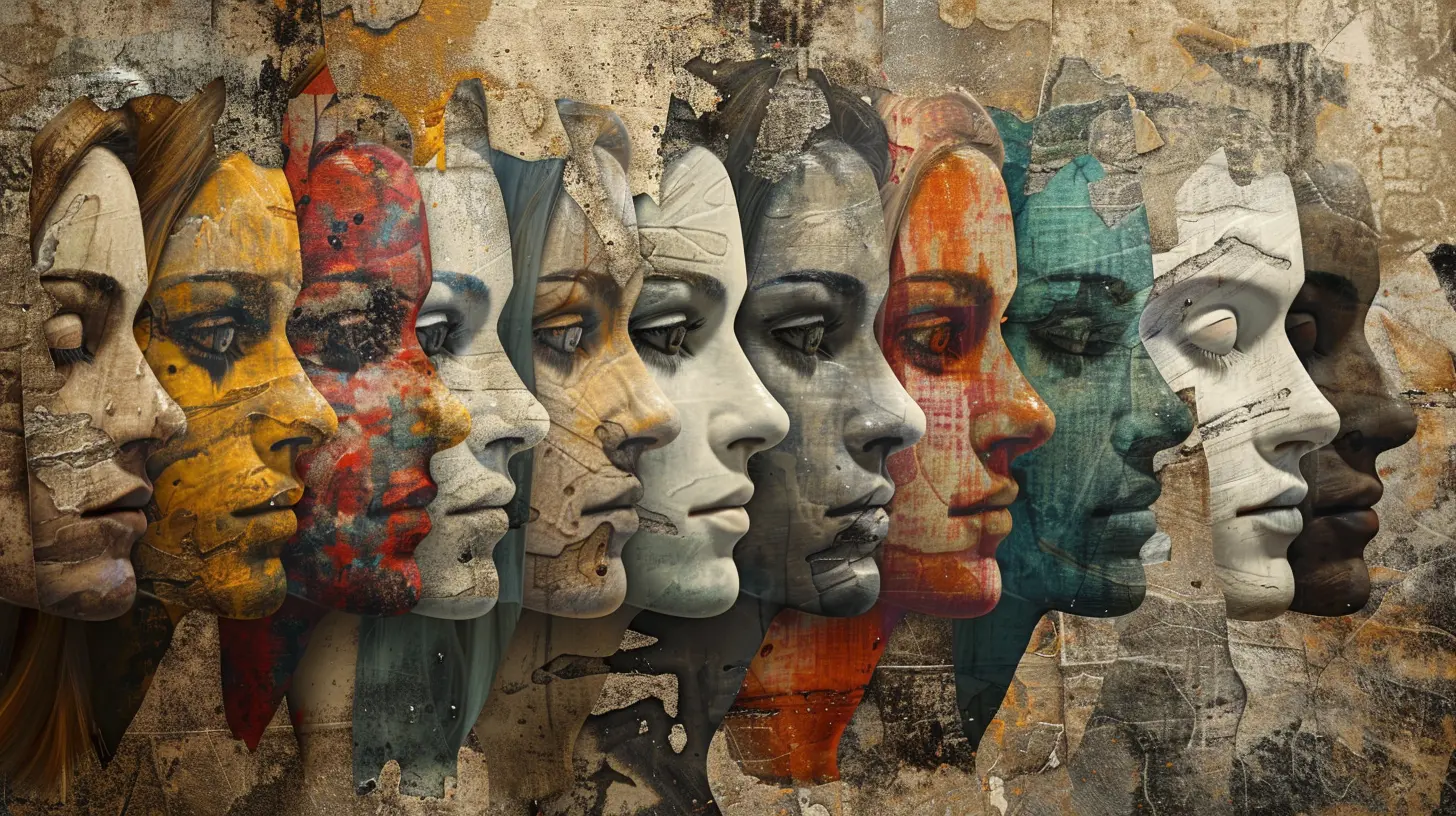
How Collective Memory Shapes Cultural Identity
Cultural identity is who we are as a people. It’s our values, beliefs, languages, and customs—all of which are deeply influenced by collective memory. Let’s break down how this connection works.1. Strengthening a Sense of Belonging
Ever wonder why people feel connected to their heritage, even if they never lived in their ancestral homeland? That’s the power of collective memory. The stories we're told as children about our ancestors, struggles, and victories make us feel part of something bigger than ourselves.For instance, in countries that have fought for independence, citizens often feel a strong national identity tied to that historical struggle. The past isn't just history—it’s a key part of how people see themselves today.
2. Preserving Cultural Values and Traditions
Without collective memory, traditions would disappear. Why do certain communities celebrate specific festivals or hold onto particular customs? Because those traditions have been reinforced through storytelling, rituals, and collective experiences.Take the Day of the Dead in Mexico. It’s more than just a holiday—it’s a way for people to stay connected to their ancestors, reinforcing cultural identity through shared remembrance.
3. Influencing Social Behavior and Norms
Cultural norms don’t come out of nowhere. They’re shaped by history and collective experiences. What’s considered polite, what’s taboo, what’s expected in society—all of these behaviors stem from a shared past.For example, in Japan, the emphasis on respect and harmony can be traced back to centuries of collective memory shaped by Confucian values, feudal traditions, and historical events.
4. Uniting or Dividing Societies
Here’s where things get interesting. Collective memory can both bring people together and tear them apart.Sometimes, remembering past injustices unites a group against a common cause—like the Civil Rights Movement in the U.S., where historical narratives of discrimination fueled a fight for equality.
But collective memory can also divide. Conflicts between nations or ethnic groups often stem from deeply ingrained historical grievances. When two groups remember the same events differently, it can create bitterness and tension that lasts generations.
5. Adapting Identity Over Time
Culture isn’t static, and neither is collective memory. As generations reinterpret history, cultural identity evolves too. New narratives emerge, old ones fade, and societies redefine themselves.For instance, attitudes toward gender roles have shifted drastically in many cultures. What was once considered "normal" a few decades ago might now seem outdated, showing how collective memory adapts to contemporary values. 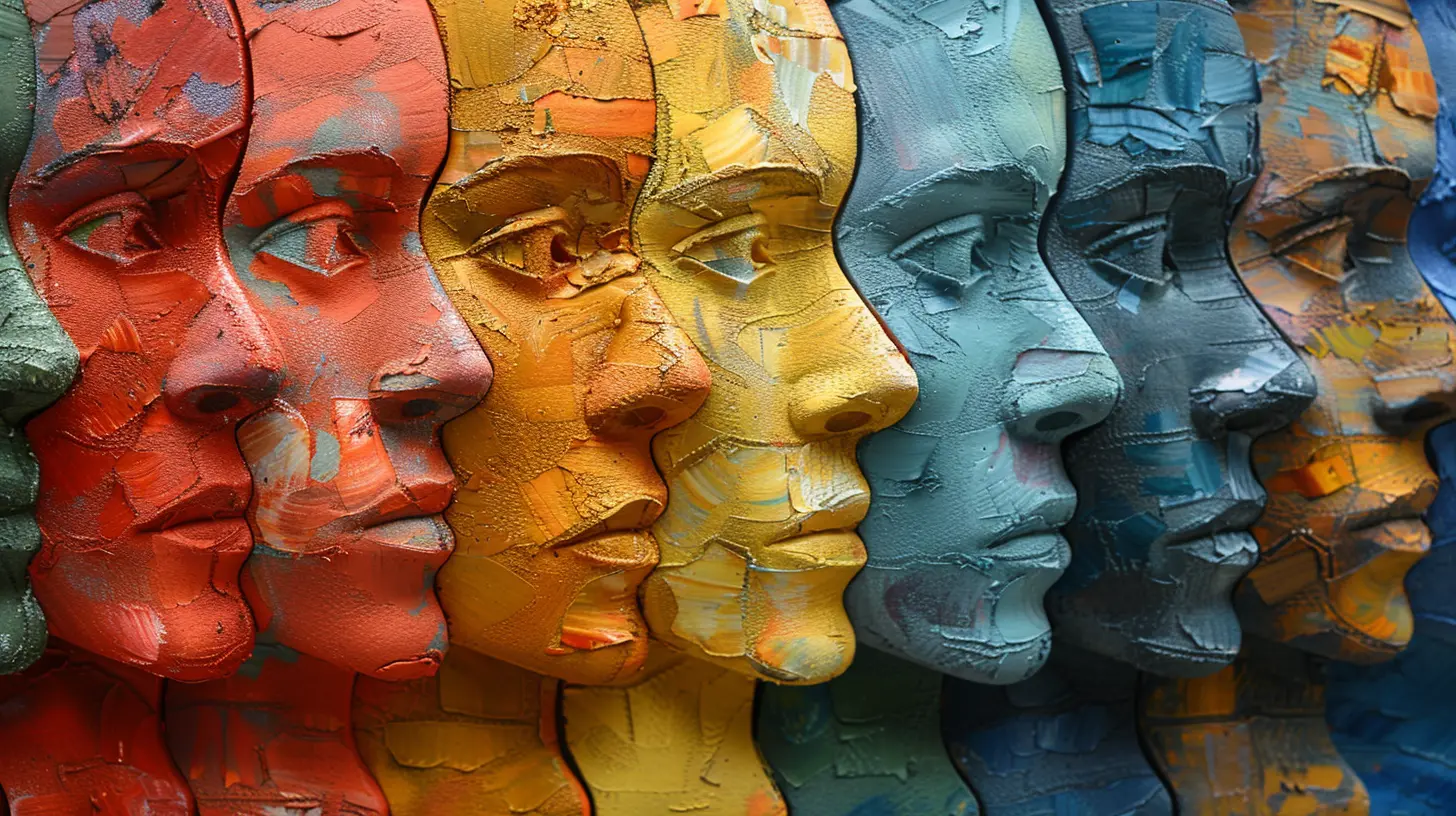
The Role of Media and Education in Shaping Collective Memory
How do we even remember the past? The answer lies in media and education. Schools, books, films, news, and even social media all play a role in shaping what we remember as a society.Education: The Gatekeeper of Memory
History textbooks don’t just teach facts—they shape narratives. What’s included (or left out) in a nation's curriculum influences how people understand their heritage. Governments and institutions often control historical narratives to foster national pride or, in some cases, to rewrite uncomfortable truths.Media: Reinforcing or Distorting Memory
Movies, documentaries, and news reports reinforce collective memory. Ever noticed how films about historical events can either honor or villainize certain groups? That’s because media holds the power to shape perception, sometimes even altering collective memory over time.For example, the way World War II is remembered varies widely across countries. While some narratives focus on heroism, others emphasize suffering or wrongdoings, showing how memory is shaped by storytelling. 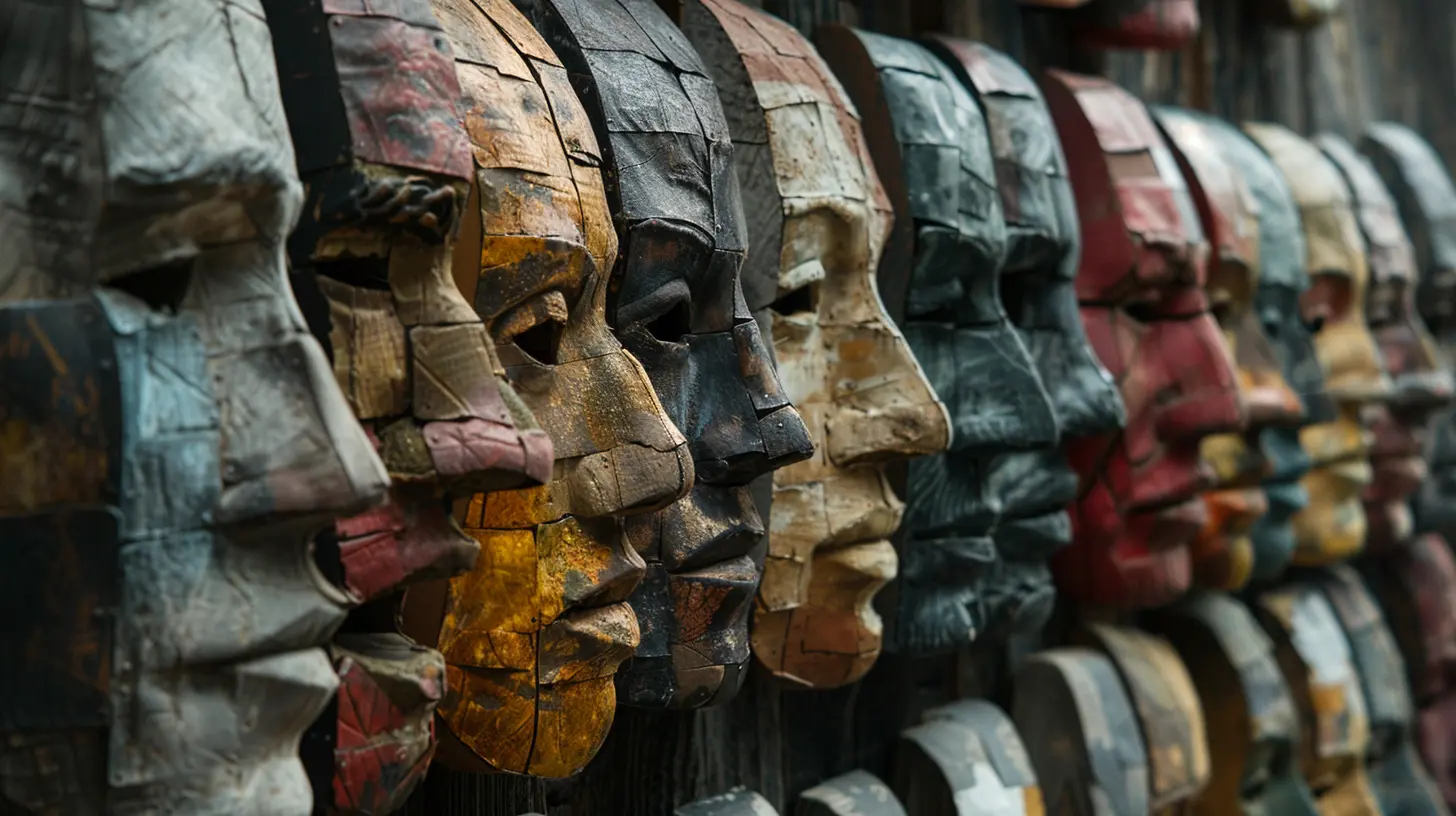
Challenges to Collective Memory and Cultural Identity
While collective memory strengthens cultural identity, it’s also vulnerable to manipulation and change.1. Historical Revisionism
Ever heard of governments rewriting history? Some nations erase or alter parts of their past to fit new political agendas. This can reshape cultural identity, often distancing future generations from the true essence of their heritage.2. Globalization and Cultural Homogenization
With globalization, cultures are blending more than ever. While this can be enriching, it also poses a threat to unique cultural identities. When dominant cultures overshadow smaller ones, collective memory can fade, leading to the loss of traditions and heritage.3. Digital Age and Information Overload
We live in an era of instant information, but not all of it is trustworthy. Social media spreads both truth and misinformation, influencing collective memory in unpredictable ways. False narratives can take root, reshaping the way societies remember certain events.Preserving Collective Memory for Future Generations
So, how do we keep our collective memory alive while ensuring it remains authentic?1. Documenting Oral Histories
Not all history is written in books. Many cultures rely on oral tradition—stories passed down through generations. Recording these stories can help preserve unique cultural identities that might otherwise be lost.2. Teaching History Objectively
Education should encourage critical thinking rather than blind acceptance of a single narrative. Teaching history from multiple perspectives fosters a well-rounded understanding of cultural identity.3. Encouraging Cultural Celebrations
Festivals, traditions, and cultural events reinforce collective memory. Encouraging younger generations to participate helps carry cultural identity forward.4. Using Technology to Archive Culture
Digital archives, podcasts, and virtual museums can store cultural artifacts and historical narratives, ensuring they remain accessible to future generations.Final Thoughts
Collective memory is the heartbeat of cultural identity. It shapes who we are, how we behave, and what we pass down to future generations. Whether through stories, traditions, or historical narratives, our shared past continues to influence our present and future.But as history shows, collective memory isn’t always static—it can be rewritten, manipulated, or even lost. That’s why it’s up to us to preserve and question it, ensuring that our cultural identity remains authentic and meaningful.
So, next time you hear a family story, celebrate a tradition, or even watch a historical documentary, remember—you’re not just recalling the past. You’re keeping cultural identity alive.
all images in this post were generated using AI tools
Category:
Social PsychologyAuthor:

Jenna Richardson
Discussion
rate this article
3 comments
Jessica Ford
This article offers intriguing insights into how collective memory shapes our cultural identity. I'm curious to explore how different societies remember and forget events, and how this influences their shared narratives.
May 18, 2025 at 3:39 PM

Jenna Richardson
Thank you! I'm glad you found the article insightful. Exploring how different societies remember and forget is indeed fascinating, as it reveals the complex layers of cultural identity and shared narratives.
Lindsey Roberson
Great insights! Collective memory truly shapes and enriches cultural identity.
May 17, 2025 at 4:41 PM

Jenna Richardson
Thank you! I'm glad you found the insights valuable. Collective memory indeed plays a vital role in shaping our cultural identity.
Roman Wagner
Thank you for this insightful article! It beautifully highlights how collective memory shapes cultural identity. Understanding these connections is vital in fostering empathy and appreciation for diverse perspectives within our increasingly global society.
May 16, 2025 at 3:00 PM

Jenna Richardson
Thank you for your thoughtful comment! I'm glad you found the article insightful and resonant with the importance of collective memory in shaping our understanding of cultural identity.



